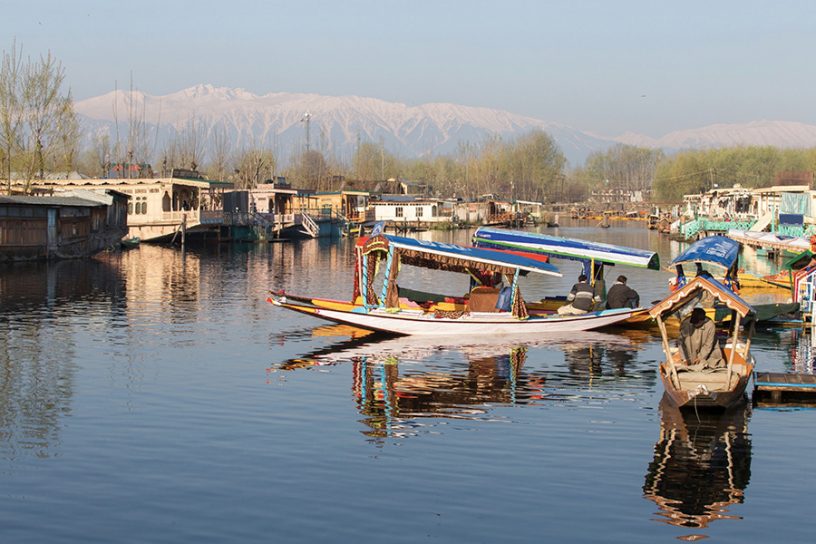
Colonial legacies of communalism characterize the postcolonial condition in India and frame its politics, policy, and instincts.
Authors
Amrita Sharma, Associate Professor, Jindal Global Law School, O.P. Jindal Global University, Sonipat, Haryana, India.
Peerzada Raouf Ahmad, Lecturer, Jindal Global Law School, O.P. Jindal Global University, Sonipat, Haryana, India.
Summary
Histories of contagion reveal penetrating schisms in societies. Xenophobia, fear, and violence undergird such histories. Entwined with histories of colonialism, fears of contagion engender racism, casteism, objectification, sexism, misogyny, and religious and ethnic persecution.
Crisis becomes “war” and challenges are anthropomorphized as enemies that are defined along familiar narratives of vicious prejudice. For instance, just before the nationwide lockdown, Tablighi Jamaat’s congregation in Delhi inspired bellicose narratives about COVID-19 being a “Muslim conspiracy” and neologisms coined to deal with the threat of “Covid Jihad.”
These included attacks and economic boycotts against Muslims across India (Mayaram). Colonial legacies of communalism characterize the postcolonial condition in India and frame its politics, policy, and instincts.
Published in: History of the Present
To read the full article, please click here.


